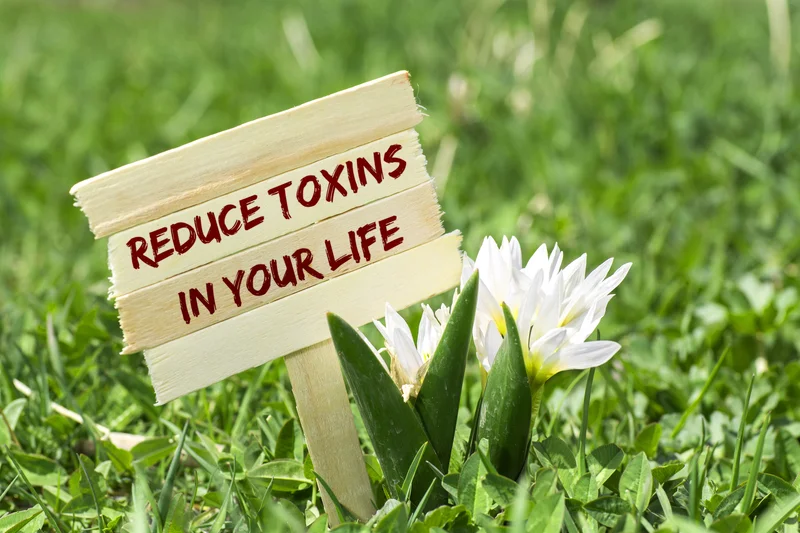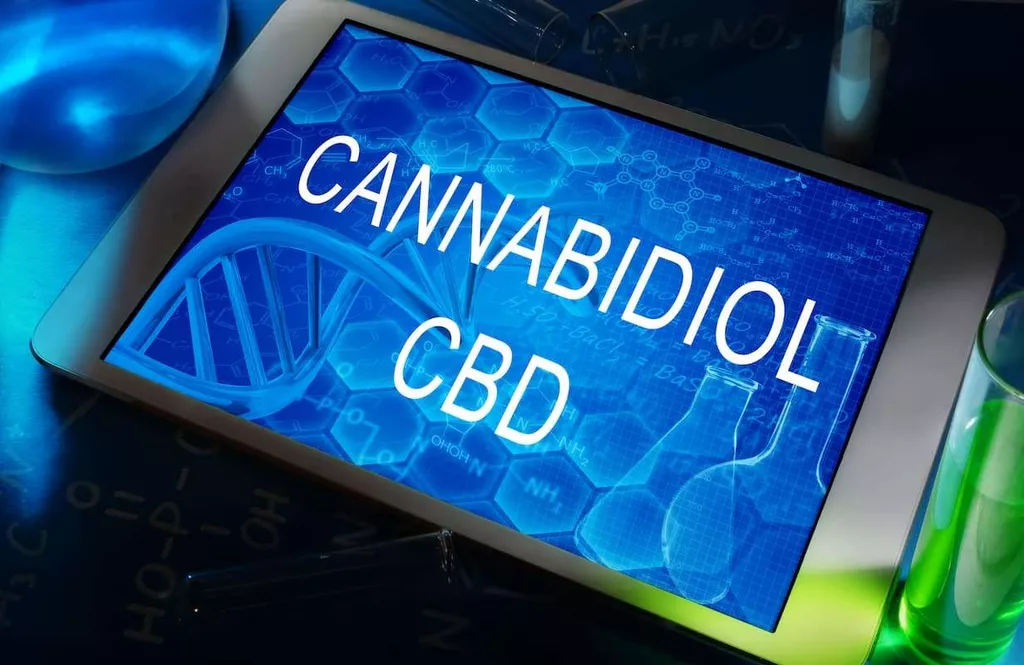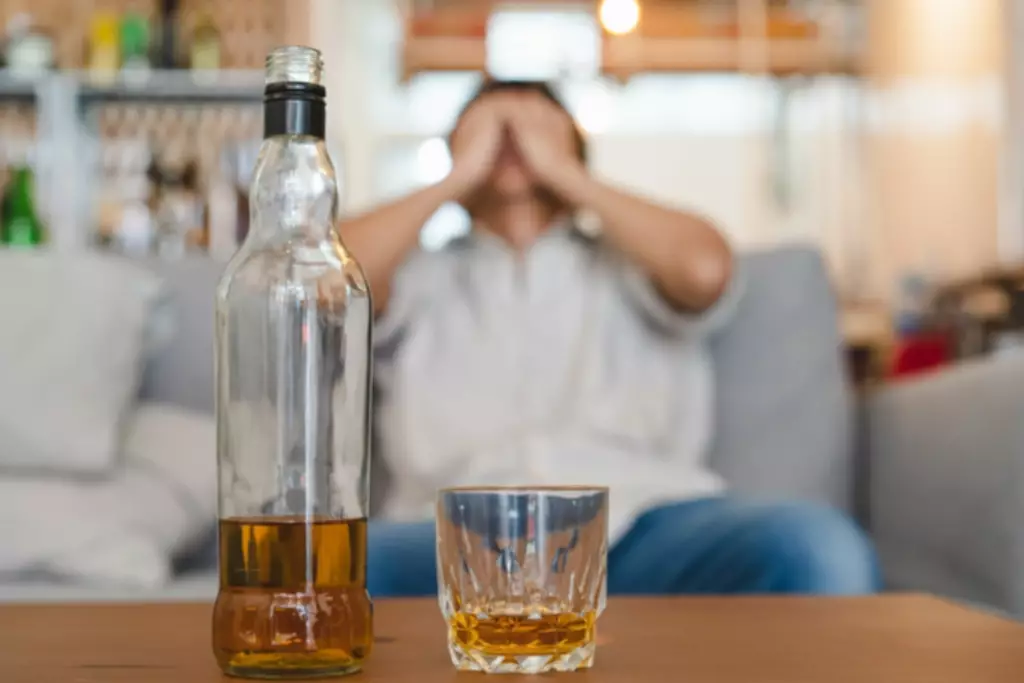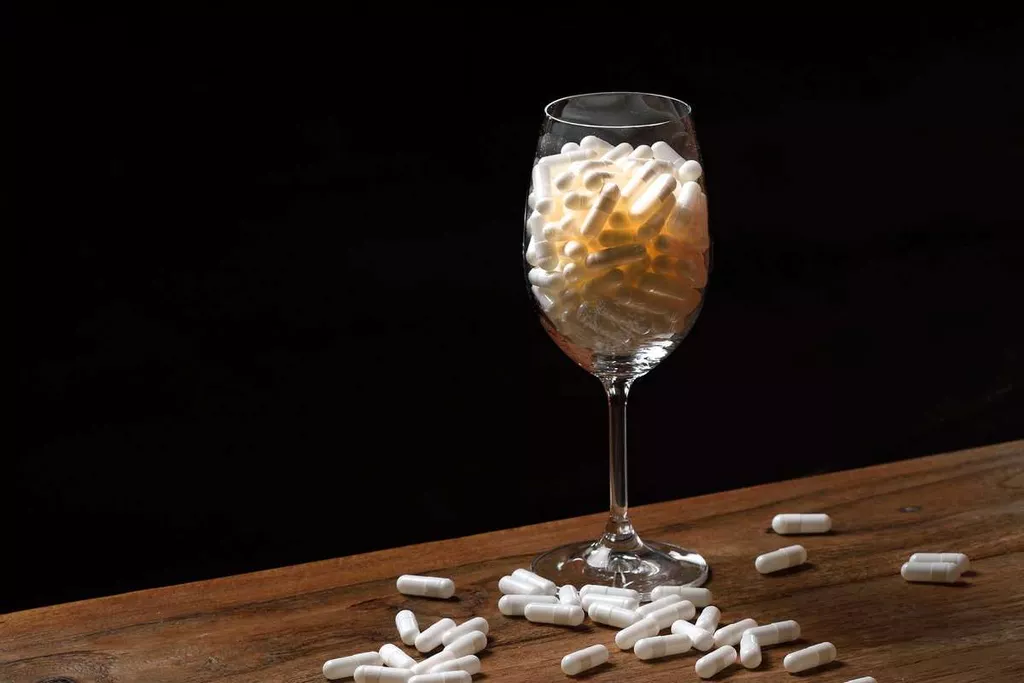Benefits of Quitting Alcohol: Timeline + What Happens When You Stop Drinking
2K
But what’s important about those numbers is that they were collected in the fall of 2021, asking about mood over the previous year. So between what happens when you stop drinking alcohol 2010 and 2020, there’s been a significant increase in alcohol related liver failure, especially amongst women and younger and younger people. And even just after the onset of covid, we saw somewhere around a 25% increase in alcohol related death after the onset of the pandemic. So the pandemic was hard for many reasons, but it certainly increased alcohol use across the country and with that liver disease and liver failure. Over the past two decades, the number of American undergraduate students who report abstinence from alcohol has risen by 8%, and in the U.K. In 2019, adults aged 16 to 24 were most likely to be teetotal, with 26% saying they never drink.
Alcohol Use Disorder
And even occasional binge drinking episodes can have profound effects on your liver’s health over time. I would alternate between my bed and my couch, trying to distract myself from the shakes, nausea, and cold sweats. I read some articles that said the withdrawal timeline only lasted for Drug rehabilitation three days, and others that told me that my symptoms would last for months. Stopping drinking could make your life feel brighter in all kinds of ways, as well as helping your long-term health. If you’re ready to stop, arming yourself with strategies and tips can help you or a loved one take small steps towards big results. By taking the decision to stop drinking, you could reduce your risk of developing many serious alcohol-related diseases.

Ready to quit drinking for good? Check if rehab treatment is covered by your insurance in 60 seconds or less.
- Alcohol withdrawal symptoms range from mild but annoying to severe and life-threatening.
- The path to long-term recovery is unique for each individual, with the common goal of embracing life changes that support a sober and fulfilling life.
- Heavy drinking is linked to several types of cancer, including liver, breast, and colon cancer.
- There’s also likely to be some weight loss within a month, due to the absence of the calories you were ingesting in alcohol (as long as you haven’t swapped them for equally high-calorie comfort foods).
- Alcohol is a known cancer-causing agent according to the US Department of Health and Human Services Report on Carcinogens.
- Within the first few days of giving up alcohol, your body should begin to respond positively.
Relative to https://ecosoberhouse.com/ those who have less than one drink per week, men who have two or more drinks per day increase their lifetime risk of cancer by 3.1%, and that number goes up to 5.3% for women. As alcohol exits your system, your sleep quality may improve, leading to more restful nights. If you’ve been a regular drinker, you might also experience temporary acute withdrawal symptoms in the early days – if these are more severe or you struggle to cope, it is important to seek help.

You could lose weight
If you’re a heavy drinker, your body may rebel at first if you cut off all alcohol. You could break out in cold sweats or have a racing pulse, nausea, vomiting, shaky hands, and intense anxiety. Some people even have seizures or see things that aren’t there (hallucinations). Your doctor or substance abuse therapist can offer guidance and may prescribe medication like benzodiazepines or carbamazepine to help you get through it. By the end of your first month of sobriety, the benefits of better sleep, improved hydration, spending less and decreased calorie intake will be growing. You will likely have saved over $800 and avoided about 12,000 calories or more, allowing you to lose at least four pounds.
- “Nutrition therapy is very important in terms of feeding the liver and giving it the building blocks it needs to restore itself,” says Dr. Lindenmeyer.
- So between 2010 and 2020, there’s been a significant increase in alcohol related liver failure, especially amongst women and younger and younger people.
- And I thought that that conflict was a sign that something was wrong with me rather than, yeah, no, you’ve got two different parts of your brain that care about different things.
- You can see it light up that it’s been severely impacted.
Professional support is crucial when quitting alcohol to manage withdrawal symptoms and prevent complications. Doctors can prescribe medications to help reduce symptoms and risk of seizures and delirium tremens. These medications can also reduce cravings and ease the transition to sobriety. Long-term benefits include improvements in mood and anxiety levels. People often experience better sleep and feel more rested. These mental health changes can lead to better relationships and more effective focus at work or school.
- Being intoxicated sends the hypothalamus in the brain into high gear, which makes the body more sensitive to food smells.
- Nearly 35% of participants reported feeling slowed down or lost interest in remaining awake after drinking the night before whereas less than 5% of participants reported the same feelings on a regular day.
- Hany says that once you stop drinking, you may initially find it more difficult to fall asleep.
- So from fat deposition then you start getting scarring, your body lays down all this scar tissue because of the chronic inflammation in your liver.
- Here are some of the improvements you could see from cutting out alcohol, in the short- and long-term.
Health Benefits You May See in Week Three

Alcohol decreases the levels of the brain chemical serotonin, which helps to regulate mood. “I never really thought about the consequences until I turned 18 and started going to clubs every weekend,” she says. With the support of her boyfriend, she decided to stop drinking alcohol completely to see if it improved her health and wellbeing. If you are addicted to alcohol and are ready to quit once and for all after viewing our quitting alcohol timeline, contact Primrose Lodge today. We are here to help you start your road to recovery and provide the support and guidance you need in order to achieve long-term sobriety.

Do you know what happens to your body after you stop drinking alcohol? While you won’t start to lose weight immediately, you may gradually notice a change in your body. Usually there’s a similar number of calories, all of which are empty and primarily made up of sugar, in wine or beer as there is in semi-skimmed milk or orange juice. Your sleeping pattern tends to improve because alcohol is a sedative, but it has a very short half-life.

